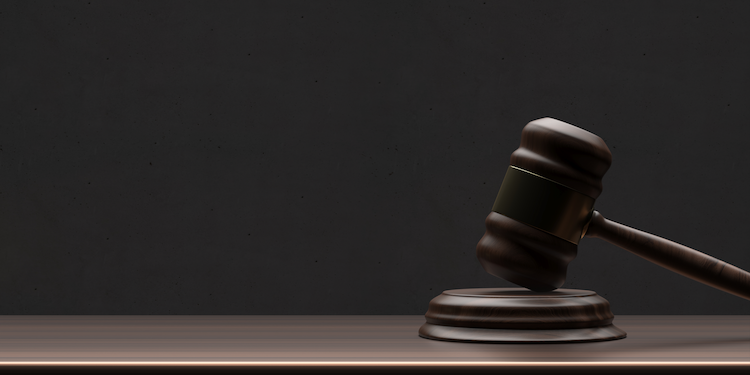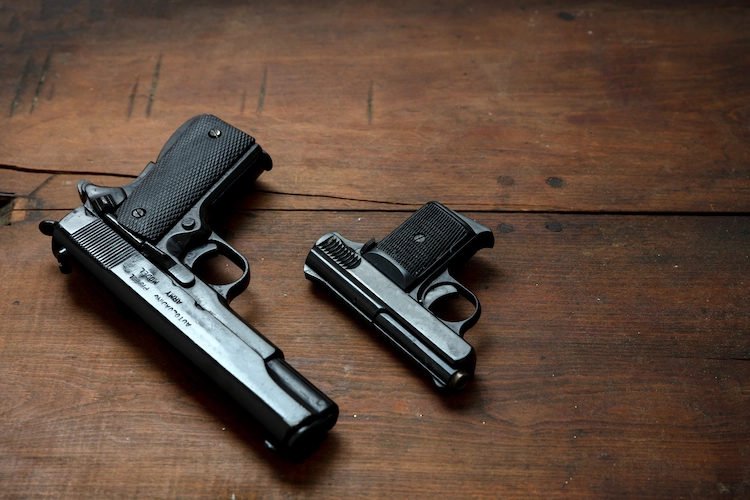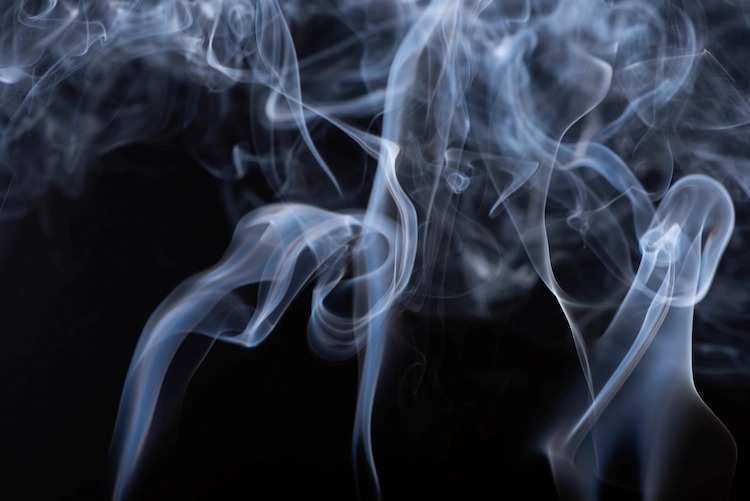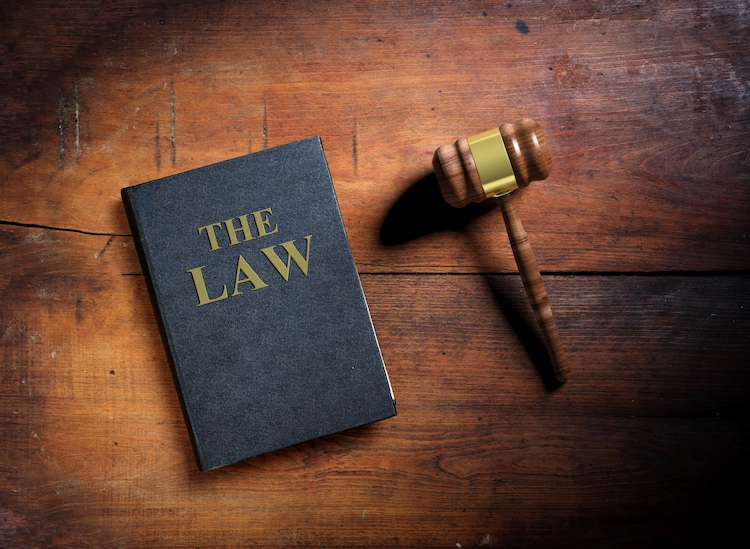SCOTUS Rules Retrial Is Constitutional After Conviction in Improper Venue

In Smith v. the United States, 599 U.S. ____ (2023), the U.S. Supreme Court unanimously held that the Constitution permits the retrial of a defendant following a trial in an improper venue conducted before a jury drawn from the wrong district.
Facts of the Case
Timothy Smith was indicted in the Northern District of Florida for theft of trade secrets from a website owned by StrikeLines. Before trial, Smith moved to dismiss the indictment for lack of venue, citing the Constitution’s Venue Clause (Article III, §2, cl. 3), which requires that a trial must be “held in the State where the said Crimes shall have been committed,” as well as the Sixth Amendment’s Vicinage Clause, which mandates that a defendant be tried before an “impartial jury of the State and district wherein the crime shall have been committed.”
Smith argued that trial in the Northern District of Florida was improper because he had accessed StrikeLines’ website from his home in Mobile (in the Southern District of Alabama) and the servers storing StrikeLines’ data were located in Orlando (in the Middle District of Florida). The District Court concluded that factual disputes related to venue should be resolved by the jury and denied Smith’s motion to dismiss without prejudice. The jury found Smith guilty, and Smith moved for a judgment of acquittal based on improper venue.
The District Court denied the motion, reasoning that the effects of Smith’s crime were felt at StrikeLines’ headquarters, located in the Northern District of Florida. On appeal, the Eleventh Circuit determined that venue was improper, but disagreed with Smith that a trial in an improper venue barred reprosecution. The Eleventh Circuit Court of Appeals therefore vacated Smith’s conviction for theft of trade secrets.
Supreme Court’s Decision
The Supreme Court affirmed, holding that retrial was the proper remedy for a venue error. “When a conviction is reversed because of a trial error, this Court has long allowed retrial in nearly all circumstances,” Justice Samuel Alito wrote on behalf of the unanimous Court. “We consider in this case whether the Constitution requires a different outcome when a conviction is reversed because the prosecution occurred in the wrong venue and before a jury drawn from the wrong location. We hold that it does not.”
In reaching its decision, the Supreme Court emphasized that in all circumstances outside of the Speedy Trial Clause, the strongest appropriate remedy for trial error is a new trial, not a judgment barring reprosecution. As Justice Alito explained:
We have recognized one exception to this general rule: violations of the Speedy Trial Clause, which we have described as “generically different” from “any” other criminal right in the Constitution, Barker v. Wingo, 407 U. S. 514, 519 (1972), preclude retrial. In all other circumstances, we have found that retrial is the strongest appropriate remedy, and we have applied this rule to every other Clause of the Sixth Amendment except for the Vicinage Clause (which we now address along with the Venue Clause).
The Court went on to find that both text and precedent provide no basis for concluding that violations of the Venue and Vicinage Clauses are exceptions to the retrial rule. With regard to the Venue Clause, the Court noted that nothing about the language of the clause suggests that a new trial in the proper venue is not an adequate remedy for its violation. It also emphasized that the mere burden of a second trial has never justified an exemption from the retrial rule. As for the Vicinage Clause, the Court cited that the vicinage right is only one aspect of the jury-trial rights protected by the Sixth Amendment, and the Court has repeatedly acknowledged that retrials are the appropriate remedy for violations of other jury-trial rights.
The Supreme Court also determined that the historical background of the Venue and Vicinage Clauses similarly do not demand a departure from the retrial rule. “Far from justifying an exemption from the retrial rule, the historical background of the Venue and Vicinage Clauses supports the opposite inference. We have found— and Smith points to—no decision barring retrial based on a successful venue or vicinage objection in either the centuries of common law predating the founding or in the early years of practice following ratification,” Justice Alito explained. “This absence alone is considerable evidence that the Clauses do not bar retrial of their own force.” Finally, the Court rejected Smith’s argument that the Double Jeopardy Clause is implicated by retrial in a proper venue. [T]he Eleventh Circuit’s decision that venue in the Northern District of Florida was improper did not adjudicate Smith’s culpability,” Justice Alito wrote. “It thus does not trigger the Double Jeopardy Clause.”
Previous Articles
Supreme Court Clarifies Applicability of First Step Act to Vacated Sentences
by DONALD SCARINCI on September 4, 2025
In Hewitt v. United States, 606 U.S. ____ (2025), a divided U.S. Supreme Court held that the First ...
SCOTUS Rules E-Cigarette Retailers Can Challenge FDA Order in Fifth Circuit
by DONALD SCARINCI on
In FDA v. R. J. Reynolds Vapor Co., 606 U.S. ____ (2025), the U.S. Supreme Court held that e-cigare...
Supreme Court Expands Judicial Review of Agency Actions
by DONALD SCARINCI on
In McLaughlin Chiropractic Associates, Inc. v. McKesson Corp., 606 U.S. ____ (2025), the U.S. Supre...
The Amendments
-
Amendment1
- Establishment ClauseFree Exercise Clause
- Freedom of Speech
- Freedoms of Press
- Freedom of Assembly, and Petitition
-
Amendment2
- The Right to Bear Arms
-
Amendment4
- Unreasonable Searches and Seizures
-
Amendment5
- Due Process
- Eminent Domain
- Rights of Criminal Defendants
Preamble to the Bill of Rights
Congress of the United States begun and held at the City of New-York, on Wednesday the fourth of March, one thousand seven hundred and eighty nine.
THE Conventions of a number of the States, having at the time of their adopting the Constitution, expressed a desire, in order to prevent misconstruction or abuse of its powers, that further declaratory and restrictive clauses should be added: And as extending the ground of public confidence in the Government, will best ensure the beneficent ends of its institution.





